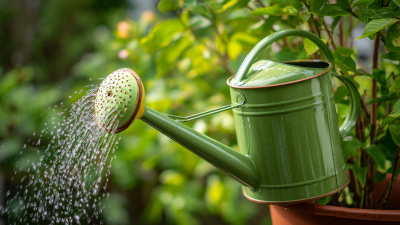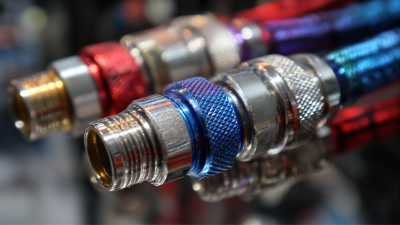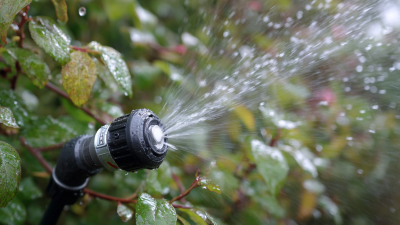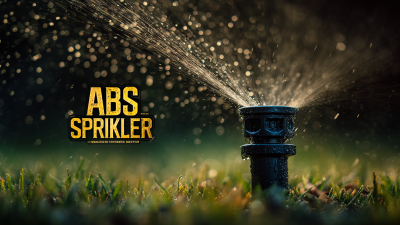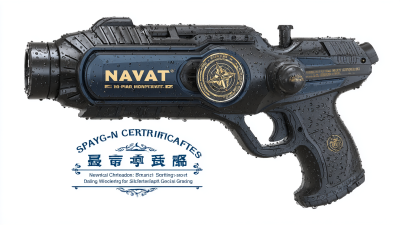When it comes to ensuring a thriving garden, selecting the right Garden Water Connectors for your irrigation system is crucial. According to a recent report by the Irrigation Association, efficient irrigation can reduce water usage by up to 50%, highlighting the importance of proper equipment selection.
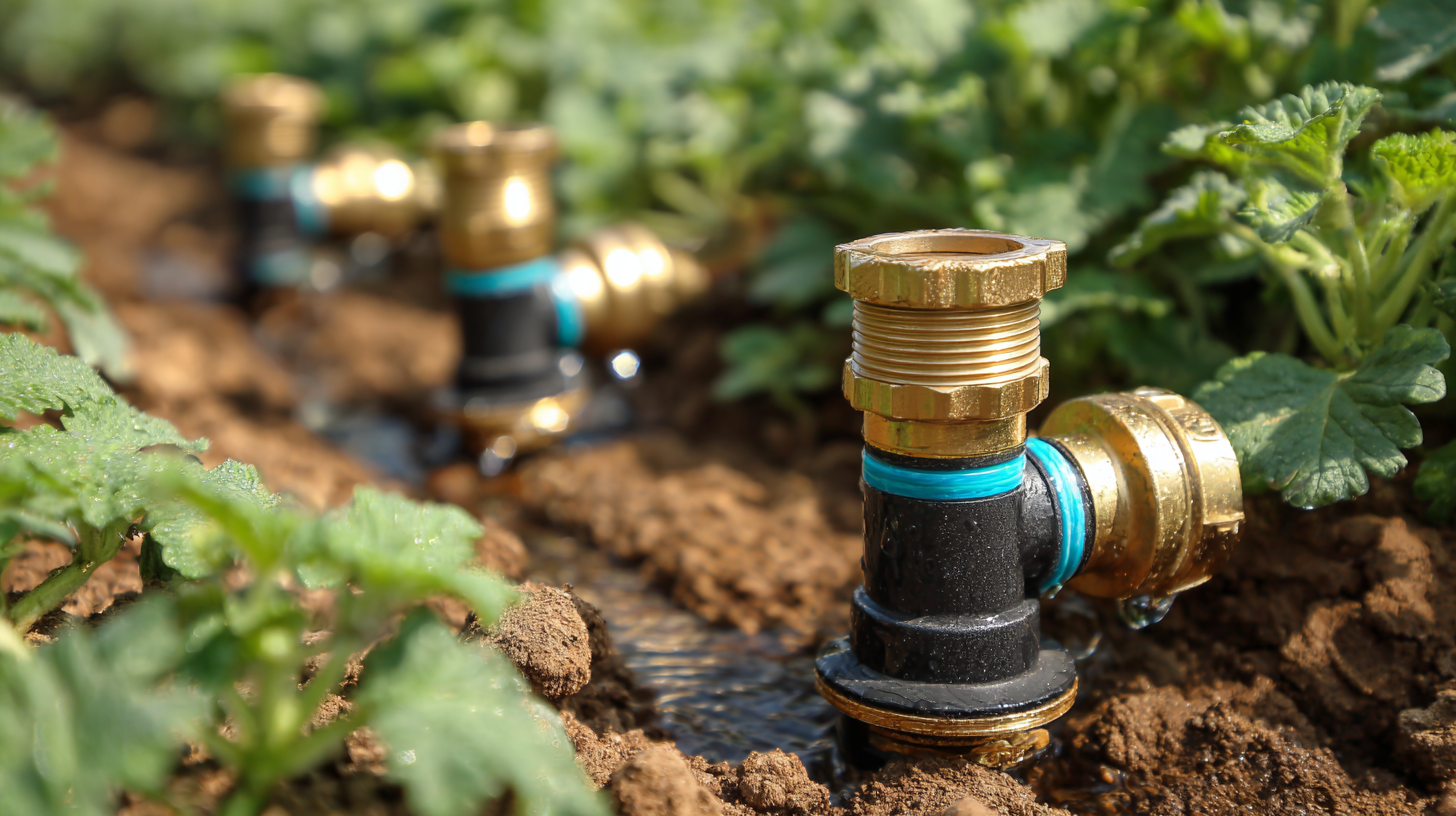 With various types of connectors available on the market, each designed to serve specific functions and enhance the overall efficiency of your irrigation setup, it's essential to understand your unique needs. Additionally, a study by the American Society of Agricultural and Biological Engineers indicated that improper irrigation practices could lead to significant water wastage and crop stress, underscoring the need for high-quality connectors that withstand the rigors of outdoor use.
By choosing the correct Garden Water Connectors, gardeners can maximize water conservation efforts while ensuring healthy plant growth and productivity.
With various types of connectors available on the market, each designed to serve specific functions and enhance the overall efficiency of your irrigation setup, it's essential to understand your unique needs. Additionally, a study by the American Society of Agricultural and Biological Engineers indicated that improper irrigation practices could lead to significant water wastage and crop stress, underscoring the need for high-quality connectors that withstand the rigors of outdoor use.
By choosing the correct Garden Water Connectors, gardeners can maximize water conservation efforts while ensuring healthy plant growth and productivity.
When setting up an irrigation system for your garden, one of the most critical components to consider is the garden water connectors. These connectors come in various types, each tailored for specific irrigation needs. Understanding the differences is essential for ensuring efficient water distribution.
One common type is the snap-on connector, which allows for quick attachment and detachment from hoses and sprinklers. They are ideal for homeowners who frequently change their watering methods or systems. Another popular option is the threaded connector, known for its durability and secure fit. These are typically used for permanent irrigation fixtures, where stability and a tight seal are essential to prevent leaks.
Additionally, there are specialized connectors designed for specific irrigation setups, such as drip irrigation systems. These connectors often come with built-in flow control features, enabling precise water delivery to individual plants. By familiarizing yourself with the various types of garden water connectors available in the market, you can make informed decisions that enhance the efficiency and effectiveness of your irrigation system.
| Type of Connector | Material | Best For | Size Compatibility | Durability |
|---|---|---|---|---|
| Hose Connector | Plastic | General watering | 1/2", 3/4" | Moderate |
| Quick Connect | Brass | Frequent use | 3/4" | High |
| Y-Connector | Plastic | Diverse setups | 1/2", 3/4" | Moderate |
| Tap Adapter | Plastic/Brass | Attaching hoses to taps | 1/2", 3/4" | High |
| Drip Irrigation Connector | Plastic | Irrigation systems | 1/2", 5/8" | Moderate |
When selecting water connectors for your irrigation system, it is essential to consider several key factors to ensure efficiency and longevity. Firstly, compatibility is critical; according to the Irrigation Association, mismatched connectors can lead to leaks and water wastage, which can amount to over 25% of total water input on average. Hence, assessing the specifications of your existing hoses and fittings is vital to avoid such issues.
Another crucial factor is the material of the connectors. Durable materials like brass and high-quality plastics are recommended, as they resist corrosion and are less likely to break under pressure. A report by the American Society of Agricultural and Biological Engineers highlights that using robust materials can extend the lifespan of your irrigation system components by up to 50%. Additionally, ease of use should not be overlooked; connectors with a simple twist-lock mechanism or quick-connect features can significantly reduce setup time and enhance the overall user experience.
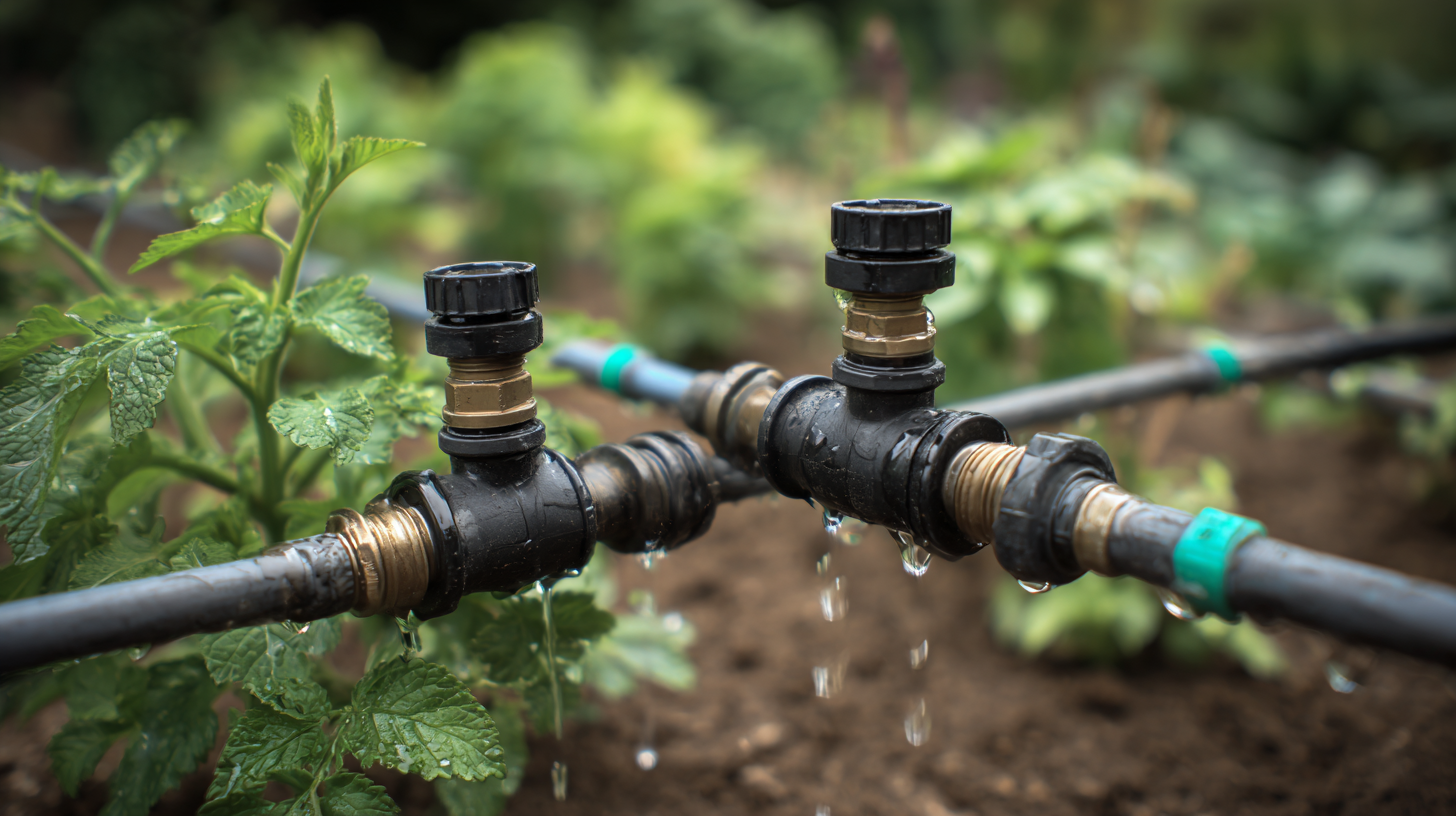
Proper installation and maintenance of garden water connectors are crucial for ensuring optimal performance of your irrigation system. To begin, when installing connectors, make sure to select the right size and type that fits your hoses and irrigation components. It’s important to ensure a snug fit to prevent leaks, which can waste water and decrease efficiency. Always start by gently cleaning the hose ends, as dirt can interfere with a solid connection. Using Teflon tape on threaded connectors can provide an extra layer of sealing, helping to avoid any unpleasant drips or breaks in the water flow.
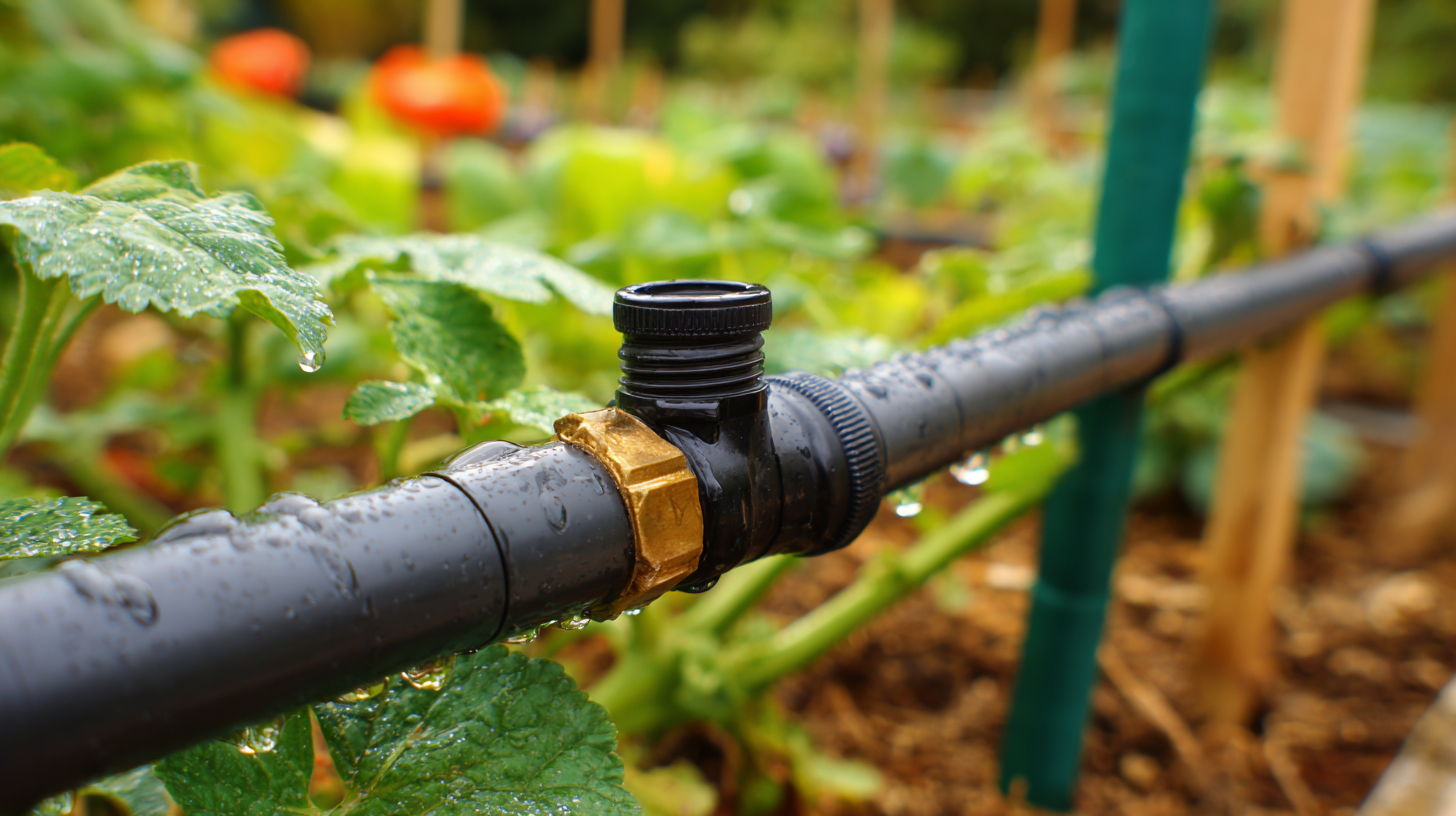
Once installed, regular maintenance is key to keeping your connectors performing at their best. Periodically check for any signs of wear, such as cracks or corrosion, particularly at the connections. Cleaning the connectors at the beginning and end of the watering season can prevent buildup that affects performance; simply rinse them under clean water and allow them to dry completely before storing. By giving your garden water connectors the attention they deserve, you can extend their lifespan, ensure a steady flow of water, and ultimately enhance the health of your plants.
When selecting garden water connectors for your irrigation system, avoiding common mistakes is crucial to ensure efficiency and longevity. One frequent error is underestimating the importance of compatibility. A report by the Irrigation Association highlights that improper connector fit can result in leaks, with studies showing that up to 30% of water used in gardens can be wasted due to inadequate fittings. Ensuring that the connectors match both the hose size and the water source will significantly improve the reliability of your irrigation setup.
Another pitfall is neglecting the material quality of the connectors. Many gardeners opt for lower-cost plastic options, unaware that these can degrade quickly under UV exposure and high water pressure. According to research from the American Society of Agricultural and Biological Engineers, using high-quality materials can extend the life of your irrigation system by up to 50%, making it a smart investment in the long run. By paying attention to compatibility and material quality, you can optimize your garden's irrigation effectiveness while reducing waste and maintenance concerns.
When selecting garden water connectors for your irrigation system, cost-efficiency is a crucial factor that can determine the success of your gardening efforts. Budget-friendly connectors may seem appealing at first, but it’s essential to consider their longevity and performance. Cheaper options often compromise on quality, leading to leaks and frequent replacements, which can end up costing more in the long run. Conversely, premium connectors might require a higher initial investment, but they offer durability, better performance, and typically come with warranties that provide peace of mind.
**Tips:** Look for connectors made from high-quality materials that resist wear and tear. Before committing to a purchase, check customer reviews and product ratings to ensure the connectors are reliable. Additionally, consider the fitting compatibility with your existing irrigation system to avoid additional costs for adapters or replacements. Investing a little more upfront in quality connectors can save you both time and money, allowing your garden to thrive with efficient watering solutions.
